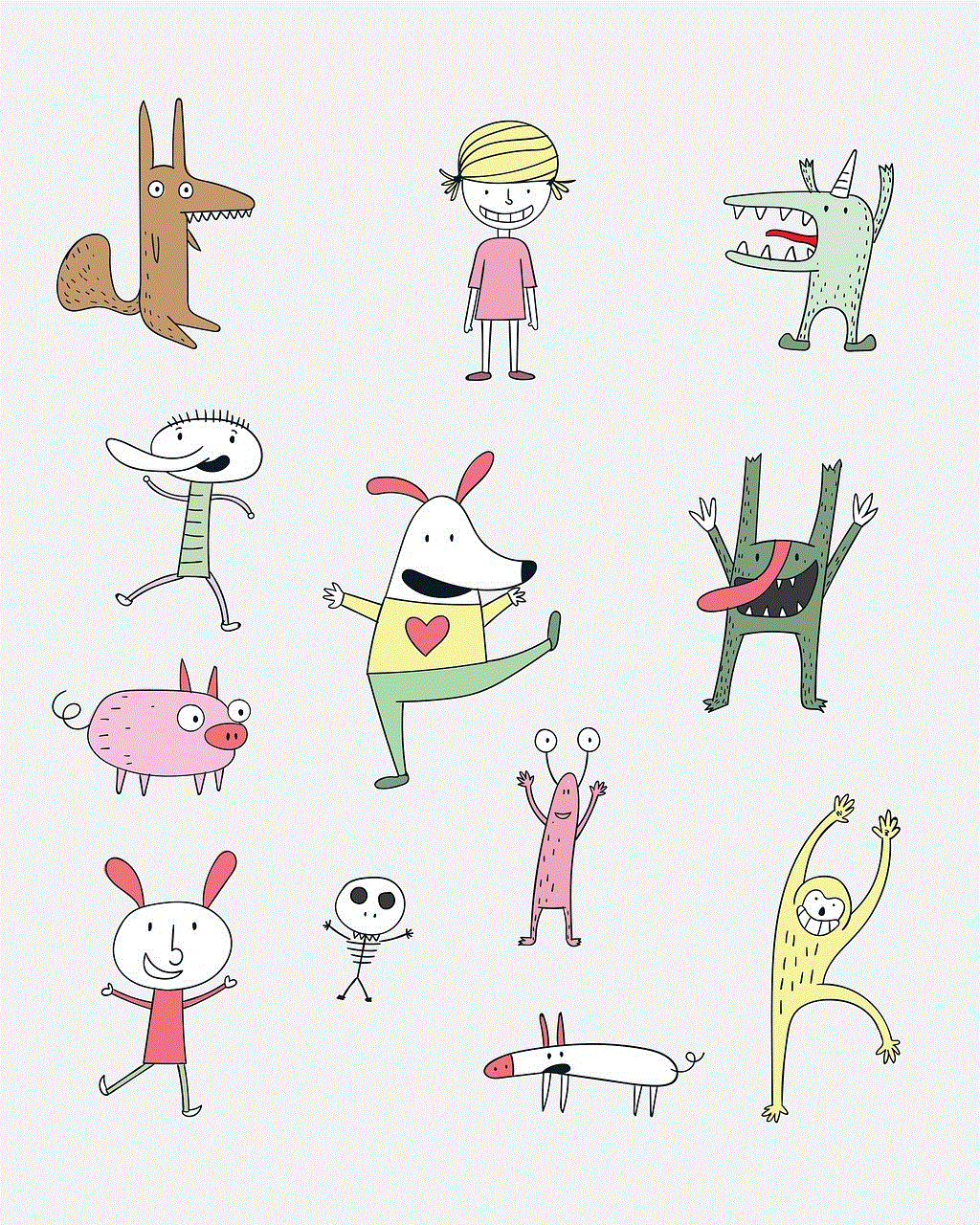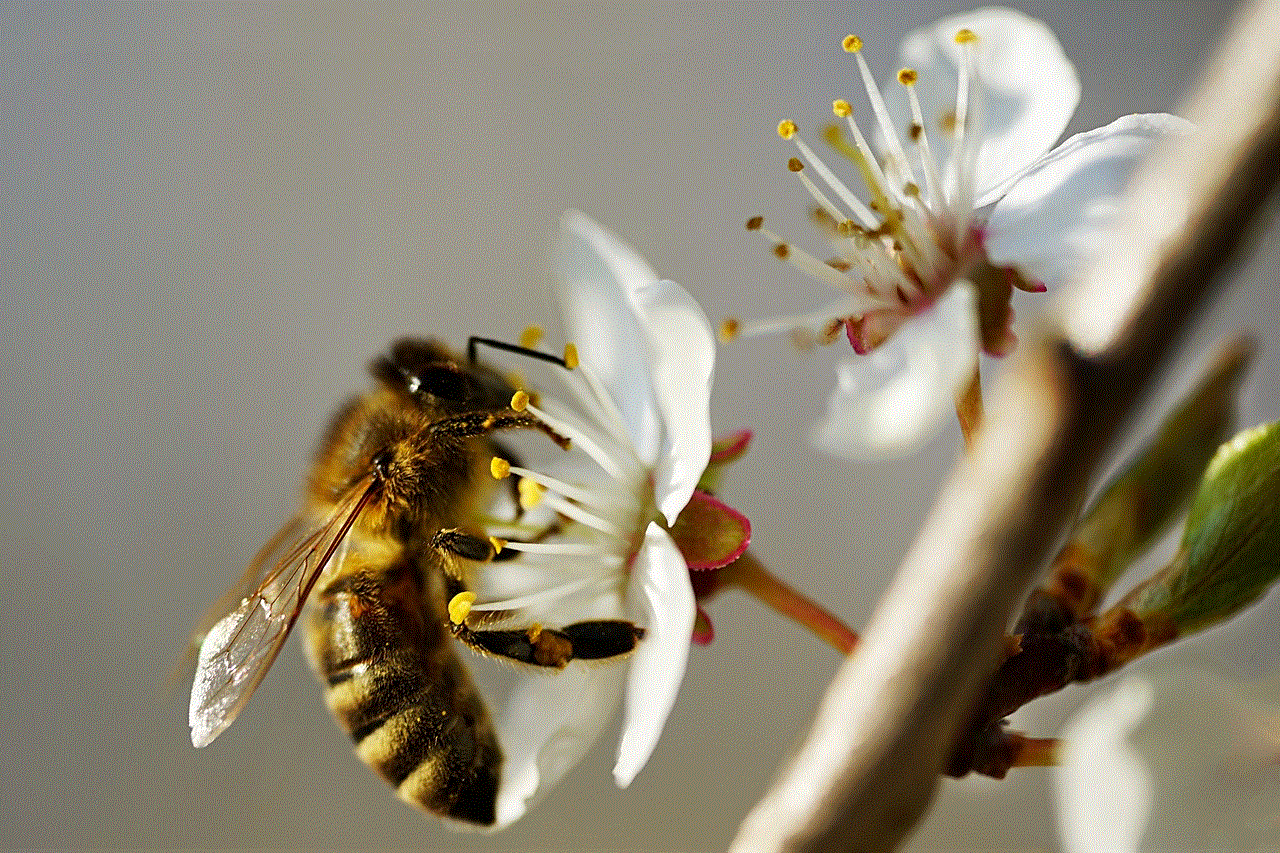how to download apps on iphone without apple id
The iPhone is one of the most popular smartphones in the world, and it’s no surprise why. With its sleek design, advanced features, and user-friendly interface, it’s a must-have for many people. However, one thing that can be a bit of a hassle for iPhone users is the need to have an Apple ID in order to download apps. While having an Apple ID does have its benefits, such as being able to access all of Apple’s services, some people might prefer to download apps without having to create an account. In this article, we’ll explore the ways in which you can download apps on your iPhone without an Apple ID.
Before we dive into the methods, it’s important to understand why Apple requires an Apple ID for app downloads in the first place. An Apple ID serves as your personal account for all things related to Apple, including the App Store. It allows you to purchase apps, music, movies, and books, as well as access your iCloud and iTunes accounts. Additionally, it helps Apple keep track of your purchases and allows you to redownload your purchases on any of your Apple devices. However, if you’re someone who doesn’t want to create an Apple ID or simply prefers not to use one, there are ways to download apps on your iPhone without it.
Method 1: Downloading Free Apps without an Apple ID
If you’re only interested in downloading free apps, then you’re in luck. You can easily download free apps on your iPhone without an Apple ID. Here’s how:
1. Open the App Store on your iPhone.
2. In the bottom menu, tap on the “Featured” tab.
3. Scroll down until you see the “Top Free Apps” section.
4. Tap on the app you want to download.
5. Tap on the “Get” button next to the app.
6. You will be prompted to sign in with your Apple ID. Simply tap on “Create New Apple ID”.
7. Follow the steps to create an Apple ID, but make sure to select “None” as your payment method.
8. Once you’ve completed the steps, you can download the app without an Apple ID.
Method 2: Using a Third-Party App Store
Another way to download apps without an Apple ID is by using a third-party app store. These app stores offer a wide range of apps, both free and paid, and do not require an Apple ID to download them. Some popular third-party app stores include TweakBox, AppValley , and TutuApp. Here’s how to download apps from a third-party app store:
1. Go to the website of the app store of your choice.
2. Download the app store on your iPhone by tapping on the “Download” button.
3. Once the app store is downloaded, go to your Settings and tap on “General”.
4. Scroll down and tap on “Profile & Device Management”.
5. Find the app store’s profile and tap on it.
6. Tap on “Trust” to verify the profile.
7. Open the app store and search for the app you want to download.
8. Once you’ve found the app, tap on “Install” to download it.
Method 3: Using a Friend’s Apple ID
If you have a friend or family member who is willing to lend you their Apple ID, then you can use it to download apps on your iPhone. However, keep in mind that you will not be able to update the apps or make in-app purchases without the password for that Apple ID. Here’s how to download apps using a friend’s Apple ID:
1. Go to the App Store on your iPhone.
2. Tap on the “Featured” tab in the bottom menu.
3. Scroll down and tap on the “Top Free Apps” section.
4. Tap on the app you want to download.
5. Tap on the “Get” button next to the app.
6. You will be prompted to sign in with an Apple ID.
7. Enter your friend’s Apple ID and password.
8. Once you’ve signed in, you can download the app using their Apple ID.
Method 4: Using iTunes on your computer
If you have access to a computer with iTunes, you can also download apps without an Apple ID. Here’s how:
1. Open iTunes on your computer.
2. Click on the “App Store” tab.
3. Find the app you want to download.
4. Click on “Get” next to the app.
5. If you’re prompted to sign in with an Apple ID, click on “Create New Apple ID”.
6. Follow the steps to create an Apple ID, but make sure to select “None” as your payment method.
7. Once you’ve completed the steps, you can download the app without an Apple ID.
Method 5: Using a Jailbreak
Jailbreaking your iPhone means removing the restrictions imposed by Apple on your device, allowing you to access and customize features that are normally not available. Jailbreaking your iPhone also enables you to download apps from third-party app stores without an Apple ID. However, keep in mind that jailbreaking your iPhone can void its warranty and may cause security risks. Here’s how to download apps using a jailbreak:
1. Jailbreak your iPhone using a software tool such as Cydia.
2. Once the jailbreak is complete, open Cydia and search for the app you want to download.
3. Once you’ve found the app, tap on “Install”.
4. The app will be downloaded and installed on your iPhone without requiring an Apple ID.
In conclusion, while having an Apple ID does offer many benefits, it is not necessary to have one in order to download apps on your iPhone. By using one of the methods mentioned above, you can easily download apps without an Apple ID. Whether you choose to use a third-party app store, a friend’s Apple ID, or even jailbreak your device, you now have the knowledge to download apps on your iPhone without an Apple ID.
what a rager



Raging parties, wild nights, and unforgettable memories – these are all synonymous with the term “rager”. A rager is a term commonly used to describe a party or event that is wild, chaotic, and often out of control. From college campuses to Hollywood mansions, ragers have become a staple in modern-day party culture. But what exactly makes a rager so appealing? Is it the thrill of breaking rules and letting loose, or is there something deeper behind this phenomenon? In this article, we will delve into the world of ragers and explore the various aspects that make them such a popular and infamous event.
The Origins of Ragers
The term “rager” first gained popularity in the 1970s and 1980s, when it was used to describe wild and out of control parties. It was often associated with fraternity and sorority parties, where excessive drinking and rowdy behavior were commonplace. However, the origins of ragers can be traced back to ancient times, where large celebrations and feasts were a way of life. These gatherings were often accompanied by excessive drinking, dancing, and other forms of revelry. In fact, the word “rager” is derived from the Old English word “ragan”, which means to “act recklessly or wildly”.
With the rise of social media and the increasing popularity of party culture, ragers have evolved into something much bigger than just a fraternity event. They have become a symbol of rebellion, freedom, and living life to the fullest. In today’s society, ragers are often associated with young adults, especially college students, who are looking for an escape from the pressures of everyday life. It’s a chance to let loose, forget about responsibilities, and just have a good time.
The Appeal of Ragers
So, what exactly makes a rager so appealing to young adults? There are several factors that contribute to the allure of these wild parties. For starters, ragers are often seen as a form of rebellion against authority. Whether it’s parents, teachers, or society in general, the idea of breaking rules and living on the edge is enticing to many young adults. It’s a chance to let go of inhibitions and just be free.
Additionally, ragers are seen as a way to escape from the mundane routine of everyday life. With the pressures of school, work, and other responsibilities, young adults often crave an outlet to let loose and have fun. Ragers provide just that – a chance to forget about deadlines and obligations and just enjoy the moment. It’s a way to break free from the monotony of everyday life and create unforgettable memories.
The Role of Music in Ragers
One of the key elements of a rager is music. It’s the driving force behind the party, setting the tone and creating an atmosphere of energy and excitement. In fact, the type of music played at a rager often determines the mood of the event. From hip-hop to EDM, the music at a rager is loud, energetic, and meant to get people moving.
Music also plays a significant role in creating a sense of unity and community at a rager. The shared experience of dancing and singing along to popular songs creates a bond between party-goers, regardless of whether they know each other or not. It’s a way to connect with others and feel a sense of belonging. This is especially true for college students, who are often looking for a sense of community and acceptance.
The Dark Side of Ragers
While ragers may seem like a fun and harmless way to blow off steam, there is a darker side to these parties. The excessive drinking and drug use that often takes place at ragers can lead to serious consequences. From alcohol poisoning to drug overdoses and even death, ragers have been linked to numerous tragedies. The lack of supervision and the pressure to fit in can lead to reckless behavior and dangerous situations.
Moreover, ragers can also have a negative impact on the community in which they take place. Noise complaints, property damage, and public disturbances are all common issues associated with these wild parties. In some cases, ragers have even resulted in arrests and legal consequences for the party-goers.
The Future of Ragers
As with any popular trend, there are always questions about its longevity. Will ragers continue to be a staple in party culture, or will they eventually fade away? While it’s impossible to predict the future, there are certainly signs that suggest ragers are here to stay. With the rise of social media and the constant need for validation and attention, ragers provide the perfect platform for young adults to showcase their wild and carefree side.
However, there has also been a growing concern about the negative impact of ragers on individuals and society as a whole. In response, there has been a push for more responsible partying and a call for stricter regulations to ensure the safety of party-goers. This may lead to a shift in the way ragers are perceived and organized in the future.
The Rise of Virtual Ragers
One of the most unexpected consequences of the COVID-19 pandemic has been the rise of virtual ragers. With social distancing measures in place, traditional ragers have become nearly impossible. As a result, many young adults have turned to virtual platforms, such as Zoom and TikTok , to host their own ragers. While it may not be the same as an in-person rager, virtual parties have become a popular way for young adults to connect and have fun during these uncertain times.



The Future of Party Culture
In conclusion, ragers have become a symbol of rebellion, freedom, and living life to the fullest. They offer an escape from the pressures of everyday life and a chance to create unforgettable memories. However, with the negative consequences associated with these wild parties, there is a growing concern about their impact on individuals and society. As we move forward, it’s important to find a balance between having fun and being responsible. Whether ragers continue to be a staple in party culture or not, one thing is for sure – the desire to let loose and have a good time will always be a part of the human experience.
what does based mean slang
The slang term “based” has become increasingly popular in recent years, especially among younger generations. It has been used in various contexts, from music and memes to everyday conversations. But what does it actually mean? Where did it come from? In this article, we will explore the origins and evolution of the word “based” and its different interpretations in modern slang.
Origins of the term “based”
The word “based” has its roots in the hip-hop community, specifically in the Bay Area of California. It was first popularized by rapper Lil B, also known as “The BasedGod,” in the late 2000s. Lil B often used the word in his lyrics, but its meaning was not clearly defined at the time. In an interview with Complex, Lil B explained that “based” was a term he used to describe being yourself and not caring about what others think.
As Lil B’s music gained popularity, so did the use of the word “based.” It was often associated with the Bay Area’s unique rap style and culture, which was characterized by its laid-back attitude and unapologetic nature. The term quickly spread to other parts of the United States, especially among young people interested in hip-hop.
Interpretations of “based”
Since its introduction, “based” has taken on various meanings and interpretations, making it a versatile slang term. One of the most common interpretations is that it refers to being true to oneself and not conforming to societal norms. It is about being authentic and embracing one’s individuality, regardless of what others may think.
In this sense, “based” is often used as a positive term, with people praising others for being based. It has become a way to show admiration and respect for someone who is unapologetically themselves. This can be seen in social media comments, where users often leave messages like “you’re so based” or “stay based.”
Another interpretation of “based” is that it refers to someone who is unfiltered and speaks their mind without holding back. This usage is closely related to the previous one, as being true to oneself often involves being honest and unafraid to express one’s opinions. People who are based are seen as bold and fearless, and their words are often considered raw and unedited.
In contrast, “based” can also be used to describe someone or something that is eccentric or unconventional. This interpretation is more closely related to the word’s original meaning, as it refers to something that is different from the norm. For example, a musician’s unique style of music can be considered “based,” or a person’s eccentric fashion choices can also be described as “based.”
The evolution of “based”
As with most slang terms, the meaning of “based” has evolved over time, and it is now used in various contexts beyond its original hip-hop roots. One of the most notable evolutions of the term is its use as a meme. Memes are images, videos, or phrases that are shared and spread through the internet, often with a humorous or satirical intention.
The use of “based” as a meme originated on the internet forum 4chan, where it was used to mock and satirize the original meaning of the word. The term was often used in conjunction with pictures of Lil B, making fun of his unconventional style and personality. This gave rise to the “Based God” meme, which is still popular on social media platforms such as Twitter and Instagram.
Today, “based” is also commonly used in online gaming communities, particularly among players of the popular game League of Legends. In this context, being “based” refers to having a high level of skill and confidence in the game, often leading to victory. It is also used to describe someone who is fearless and takes risks in the game, much like the original meaning of the term.
However, the use of “based” as a meme and in gaming has caused some confusion and misinterpretation of the word’s original meaning. Some argue that the term has lost its authenticity and has become overused and diluted. Despite this, the word continues to be a popular slang term, with new interpretations and uses emerging constantly.
Conclusion



In conclusion, the slang term “based” has come a long way since its origins in the Bay Area hip-hop scene. It has evolved to encompass a range of meanings, from being true to oneself and unapologetically expressing one’s opinions to being unconventional and even a meme. Its use continues to spread through social media, music, and everyday conversations, making it an integral part of modern slang.
The fluid and versatile nature of “based” reflects the ever-changing landscape of slang and the influence of the internet in shaping language. It has become a way for young people to express themselves and connect with others who share similar values and attitudes. Whether it is used to praise someone’s authenticity or as a playful meme, “based” has cemented its place in modern slang and is likely to continue evolving and adapting in the years to come.
